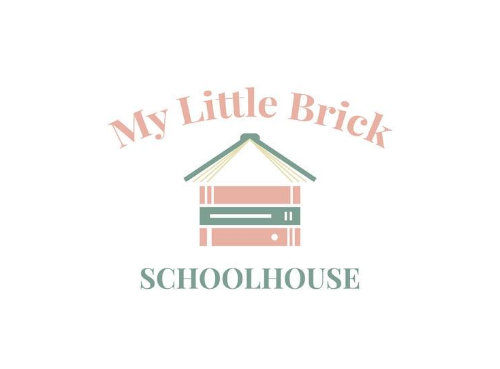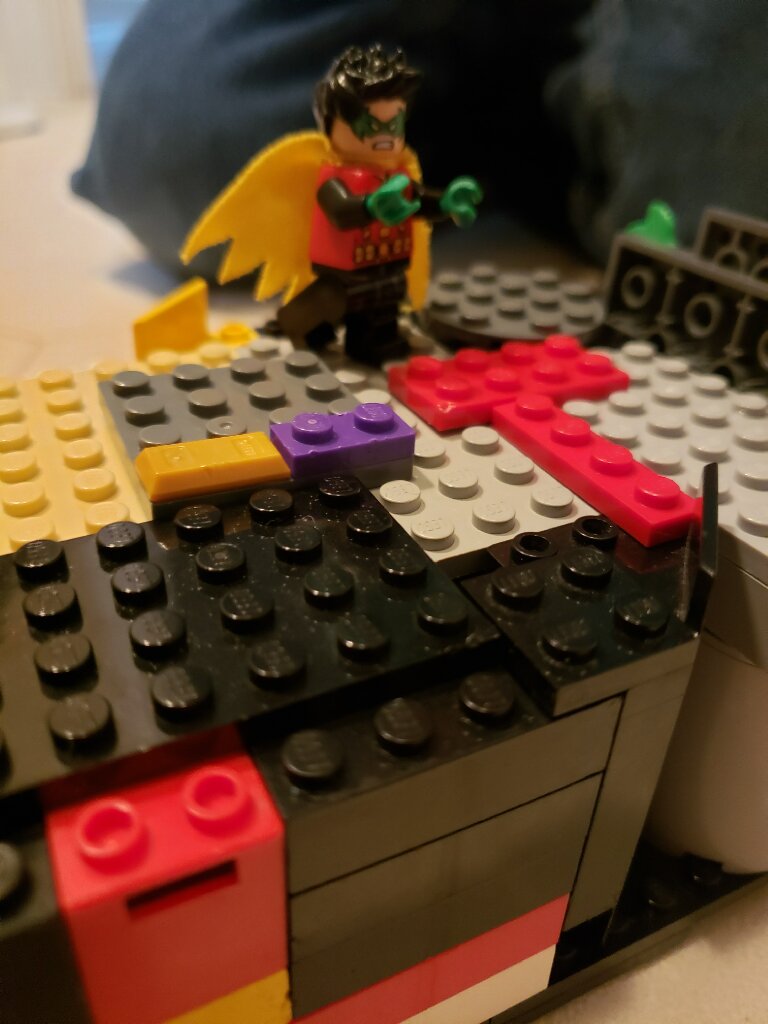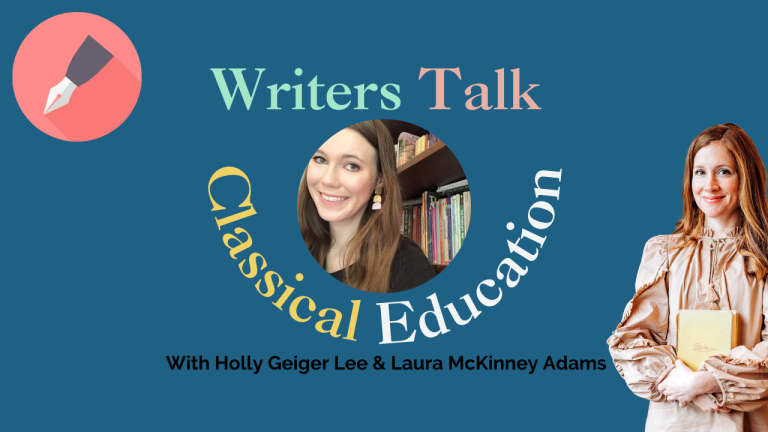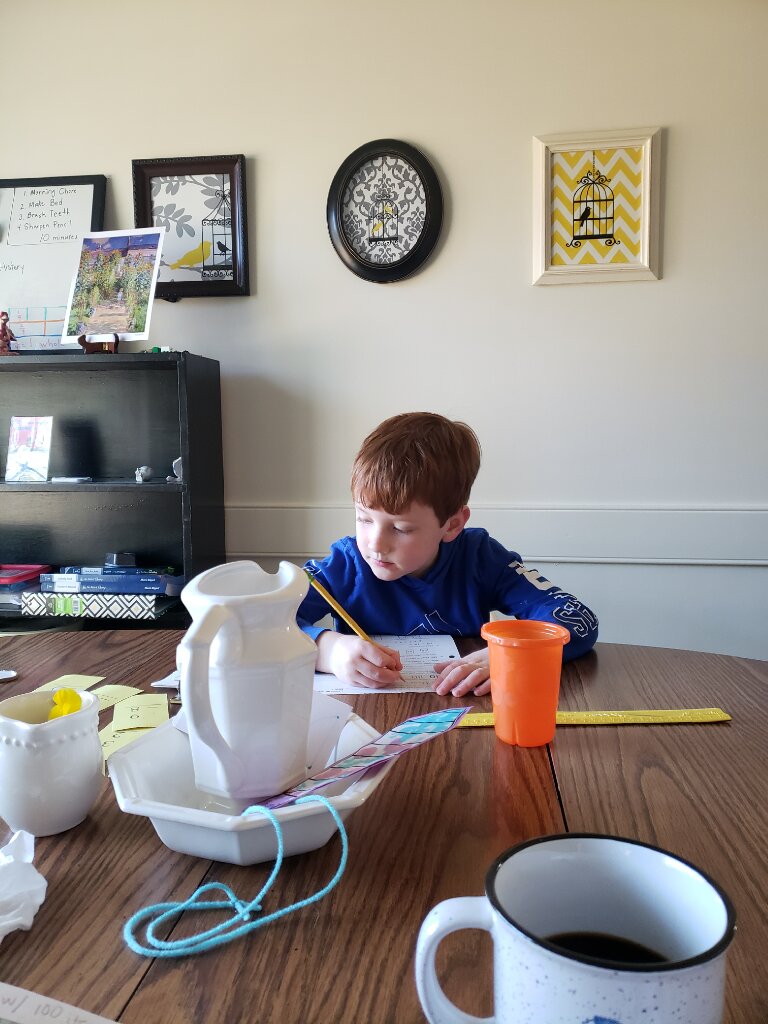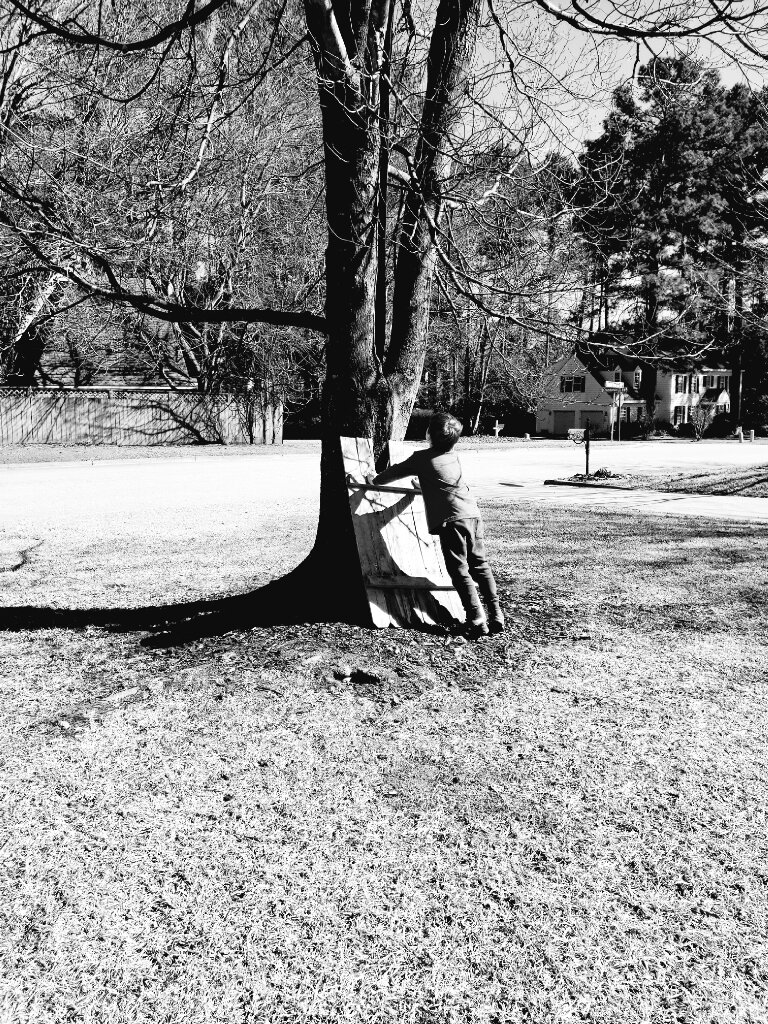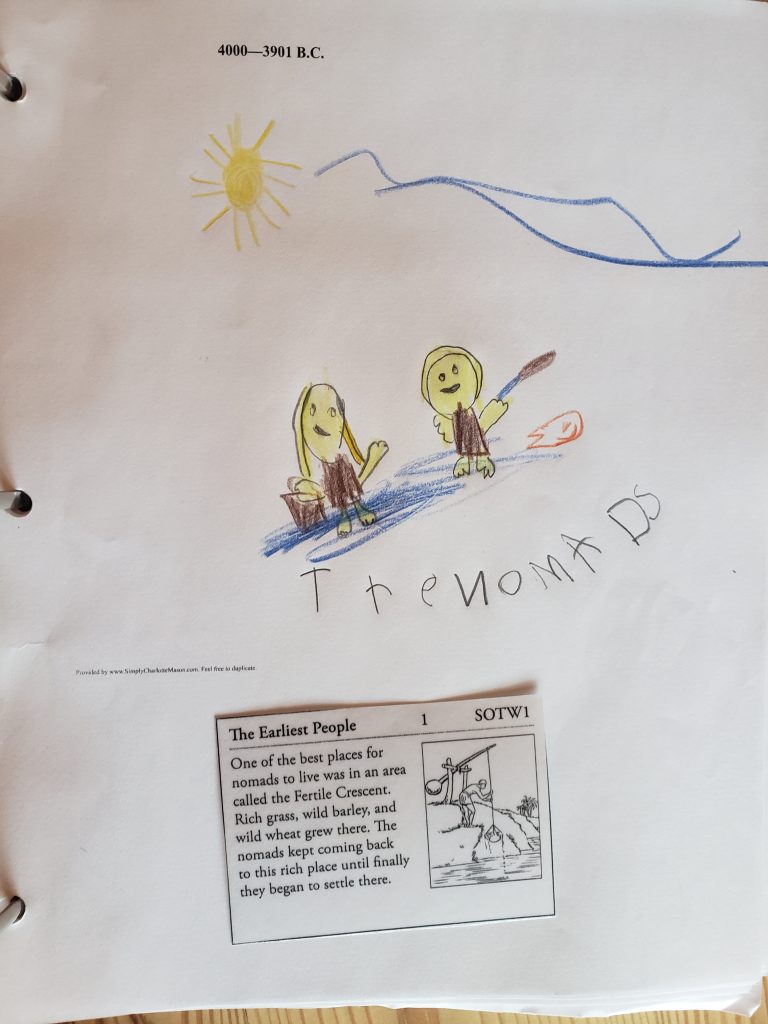Classical and Charlotte Mason Education Mini-Series: My Family’s Story and Defining Our Terms
Disclosure: As an Amazon Associate, I may earn a small commission from the purchase of these books about classical education, at no additional cost to you. Thank you so much for your support.
I’ll tell you a little bit about my family’s journey – homeschool journey – and how it began. My husband’s one of seven kids; he’s the oldest, and he was homeschooled back before it was “cool”, back in the early nineties. So, he has a history with homeschool. I, on the other hand, do not. I was raised in the public schools and was a public school teacher right out of college. I taught for four years, then got my master’s degree in counseling. This was during the time period when we were starting to have a family. Right before my second child was born, I graduated with my master’s in counseling, and decided to stay at home for a little while. And, of course, the call to homeschool was there. I had already thought about it, my husband and I had talked about it, and honestly, I think the year was 2017 when we started to really look into classical education. We looked at Classical Conversations, to be specific. And so, I’m going to be talking from my unique perspective…
*NOTE* This post is a TRANSCRIPTION taken from a video I recorded. It is not meant to be an essay or a poetic piece of writing. It is simply the quick and dirty. The difference between my spoken words and written words is noteworthy, but hopefully not too noteworthy!

Defining Our Terms
…. I just want to talk about classical education. It can be characterized in various ways, but two main lists come to mind when I’m trying to talk to somebody about what classical education is.
The first list goes something like this. Classical education:
- Pursues virtue
- Uses tools to learn in layers: knowledge, understanding, and wisdom
- Celebrates the integration of knowledge
The other, similar list is, classical education:
- Follows the pattern of the trivium
- Is language-focused rather than image-focused
- Is centered around the story of history.
Okay, let’s define our terms. You’re probably thinking, “what is trivium?”, and if you haven’t heard of trivium, well, here you go. According to the book The Well-Trained Mind: A Guide to Classical Education at Home by Susan Wise Bauer and Jessie Wise…they’re basing their methods on something they have read, an essay by Dorothy Sayers, written many years ago. We go back thousands of years when we talk about classical education. It has been around for a while. It started to dwindle in our country about the time of the Civil War. By the 1950s, classical education was all but gone in our country. So, it’s making a comeback, thanks to the republication of Dorothy Sayers’ essay in the 1980s. So, now we have a resurgence of classical education.
The Trivium
So, what is the trivium? It is a three-part pattern. First, the mind must be supplied with facts and images – the grammar stage. If you’re learning something for the first time, you must learn the grammar, or terminology, of what you are learning. You’re learning to bake cookies. You gotta learn chocolate chips, flour, butter, sugar, brown sugar. All these different ingredients you have to learn. Oven, you have to learn bake, you have to learn all the different methods and tools you used. So, the grammar stage.
Next, the mind must be given the logical tools for organizing those facts and images. This is called the logic stage or the dialectic stage. It’s when you start to understand the process.
Lastly, the mind must be equipped to express conclusions. This is called the rhetoric stage.
Each stage correlates with an age range. So, the grammar stage: Kindergarten through fifth grade; the dialectic or logic stage is sixth grade through eighth grade; the rhetoric stage is ninth grade through twelfth grade.
Now that we have defined trivium, does it make some sense? You probably have some questions like, do all children in any given stage fit nicely into the box and never use thinking skills outside of their prescribed stage? No. Think about adults. We actually go through all three stages of the trivium any time that we learn something new from start to finish. I just used that baking cookies example because the nice man who conducted our practicum this weekend used that as an analogy, but you could apply it to so many different things. I am not a baker, but in keeping with the baking cookies analogy, you learn the ingredients, the tools, the methods first (grammar stage). Then you learn, I could add more baking soda, and the more baking soda I add, the more fluffy my cookies will be. Okay, you’re learning more about the process, you’re understanding the process better (dialectic stage). You’re comparing things. And then, the rhetoric stage is when you are able to sit down and tell somebody how to bake chocolate chip cookies. You might have even created your own recipe, and you share that with other people.
So, now you know the trivium. Those of you who are new to classical education, let me give you three things to take away. Some of these things I learned from the Classical Conversations practicum, but some of them are my own musings. So, #1:
Do NOT Miss the Elephant!
Sorry to interrupt you, but I am going to interject here. You gave us two lists, but you spoke about this thing called the trivium an awful lot. I am speaking on behalf of the homeschool parents who like the ideas behind classical education, but want to know more than just the trivium. Let me explain. Karen Glass used a fitting analogy in her 2014 work, Consider This: Charlotte Mason and the Classical Tradition, of someone describing an elephant to be like a rope. Okay, so what part of the elephant is the “rope”? You know, the trunk. Oh, but the rope is not a fitting description of a whole elephant. This is akin to people saying classical education is the trivium. Hold your horses! Did you know that there is so much more to classical education than the trivium? Glass writes, “any time we approach a subject and look at the discrete parts instead of the whole, we are in danger of missing the elephant” (2014, p. 120).
So, the trivium may be a part of the whole, but it is not the whole itself. Classical education is so much more. If you want to actually get acquainted with the classical thinkers of the past, like Charlotte Mason did, instead of merely knowing “about” classical education, I invite you to read Consider This: Charlotte Mason and the Classical Tradition.
The heart of classical ideal is humility and a synthetic approach to learning. It is natural for a child to develop a relationship with knowledge and wholeness from the beginning of his life. For example, Glass gives us another lovely analogy. The child, from the day of his birth, naturally sees people. He knows them in their poetic sense, their synthetic sense, because of firsthand acquaintance. The parts of the whole are secondary. He will have no trouble placing parts of the body in their proper places when given the task because he has firsthand knowledge of whole people. Therefore, Glass asserts we should introduce all knowledge in this way. “We should allow them from the beginning to have the opportunity of making firsthand acquaintance with whole things” (2014, p. 121). Charlotte Mason was all about humility and synthetic learning. So, rather than just using the trivium as a basis for understanding classical education, please read this book. It is worth your time, and it is only 134 pages long!

I hope this gives you a little something to think about. Stay tuned for my next video on classical education!
Watch the video here:
